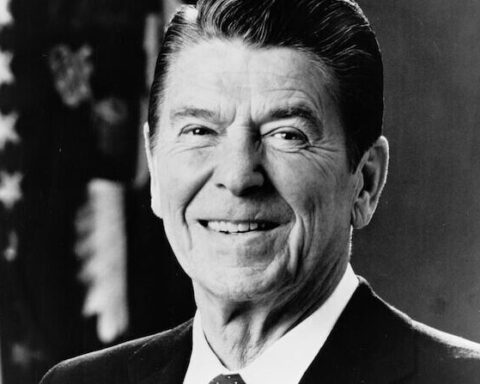“It is the duty of every citizen according to his best capacities to give validity to his convictions in political affairs.”
Albert Einstein, the author of this quote, understood the importance of cogency in politics and how, in a democracy, this is of fundamental importance.
Without valid convictions and the understanding of which public officials represent those convictions, we cannot truly have the best version of our democracy.
Because even if everyone gets to participate, it does no good if the decisions made by the majority are based on invalid convictions.
However, this doesn’t mean everyone must agree or share the same convictions. It means that our convictions should be rational, well thought out, and discussed, with the ultimate result: a better understanding of our political principles and the politicians that would best represent them.
But determining valid convections isn’t always an easy process. It involves, first, a lot of self-reflection to understand what we truly value in our lives and our politics, but it also consists of the need for political figures to relay their true convictions to us and how those convictions will apply to the political affairs that affect all our lives.
Hence, political campaigns. A political campaign is more traditionally defined as an organized action or attempt to influence the population’s decision-making process in an election, but, at their heart, campaigns are about trying to influence opinions or convictions through public discussion.
Candidates publicly try to make the case that they will benefit us and the country, state, or district better than their opponent, and it’s up to us to make a personal decision about which candidate we feel can do that.
However, how candidates try to influence and participate in public discussion is of utmost importance because if they take the wrong or easy approach, we may not be able to form the most valid convictions possible, and our whole system of political discourse becomes infected.
So, let’s look at why and how political campaigns are taking the wrong approach to political discourse, the approach we should be focusing on, and how we can not only adapt to the wrong type of political discourse but also have a role in changing it.



